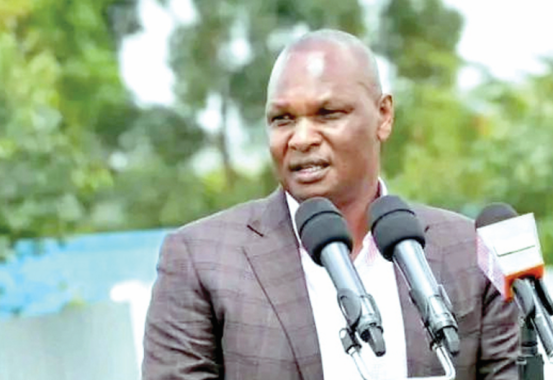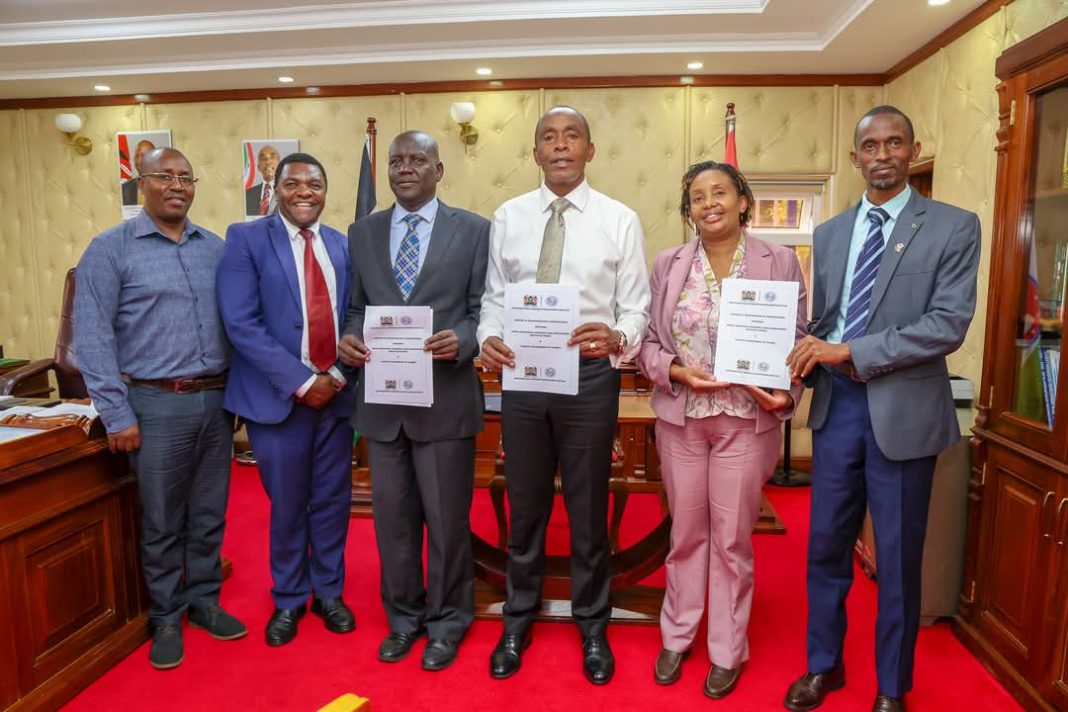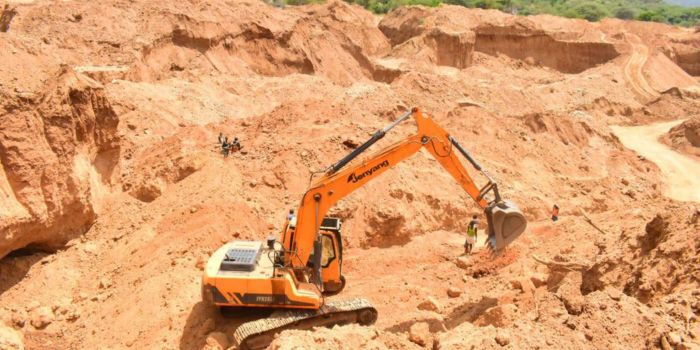President Ruto’s aide, Farouk Kibet, has accused former Deputy President Rigathi Gachagua of inciting violence during the Nairobi protests that followed the death of blogger and teacher Albert Ojwang. Police detained Ojwang at Central Police Station. He died while in custody, triggering outrage and demonstrations across the city.
The protests began peacefully. However, they escalated on June 12, 2025, coinciding with the national budget presentation. Protesters clashed with police, who fired tear gas and used water cannons. By evening, demonstrators had torched two vehicles and damaged property in several parts of the city.
While speaking at a fundraiser in Uasin Gishu County, Kibet accused Gachagua of using the tragedy to advance a divisive agenda. “The tribalist has announced a roadmap. The other day, he started with burning cars in Nairobi… Will they burn Kenya while we watch?” Kibet asked, implying that Gachagua orchestrated the unrest under the guise of protest.
Kibet’s comments further heightened political tensions. Nairobi Governor Johnson Sakaja also condemned the violence. He promised arrests and prosecution for those who damaged property. “The Constitution protects peaceful protests, but violence will not be tolerated,” he warned.
Investigators are still probing Ojwang’s death. The Independent Policing Oversight Authority (IPOA) is leading the investigation. Authorities have already arrested several officers, including Central Police Station OCS Samson Talaam and officer James Mukhwana. IPOA has also requested Safaricom’s call data to assist with the case.
Kibet’s allegations point to a growing rift among Kenya’s political leaders. What started as a cry for justice has become a deeper dispute over leadership, accountability, and protest rights.
Gachagua has yet to respond. Still, the controversy over Ojwang’s death has turned into a flashpoint in Kenya’s tense political climate.







h4tkx4